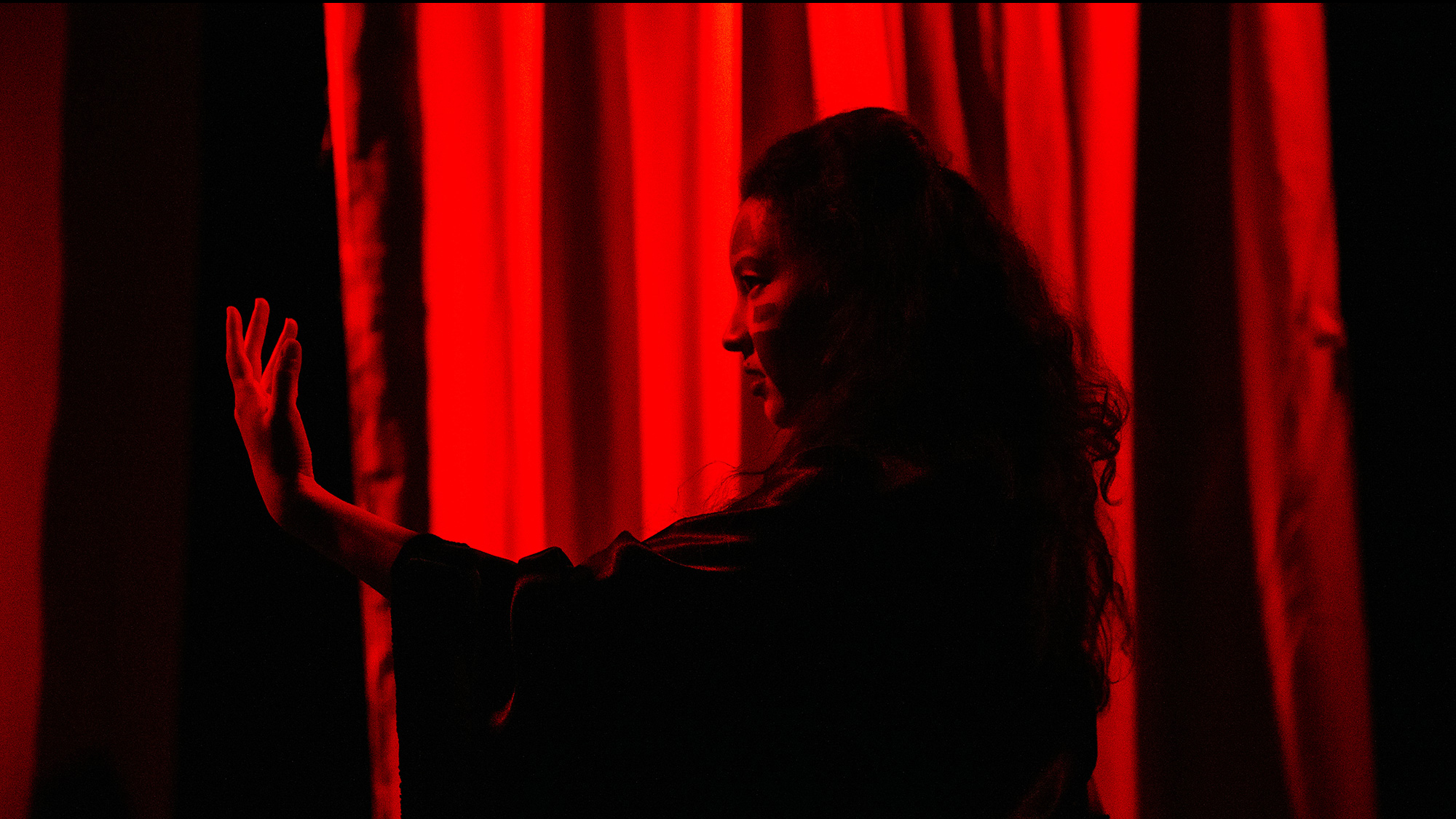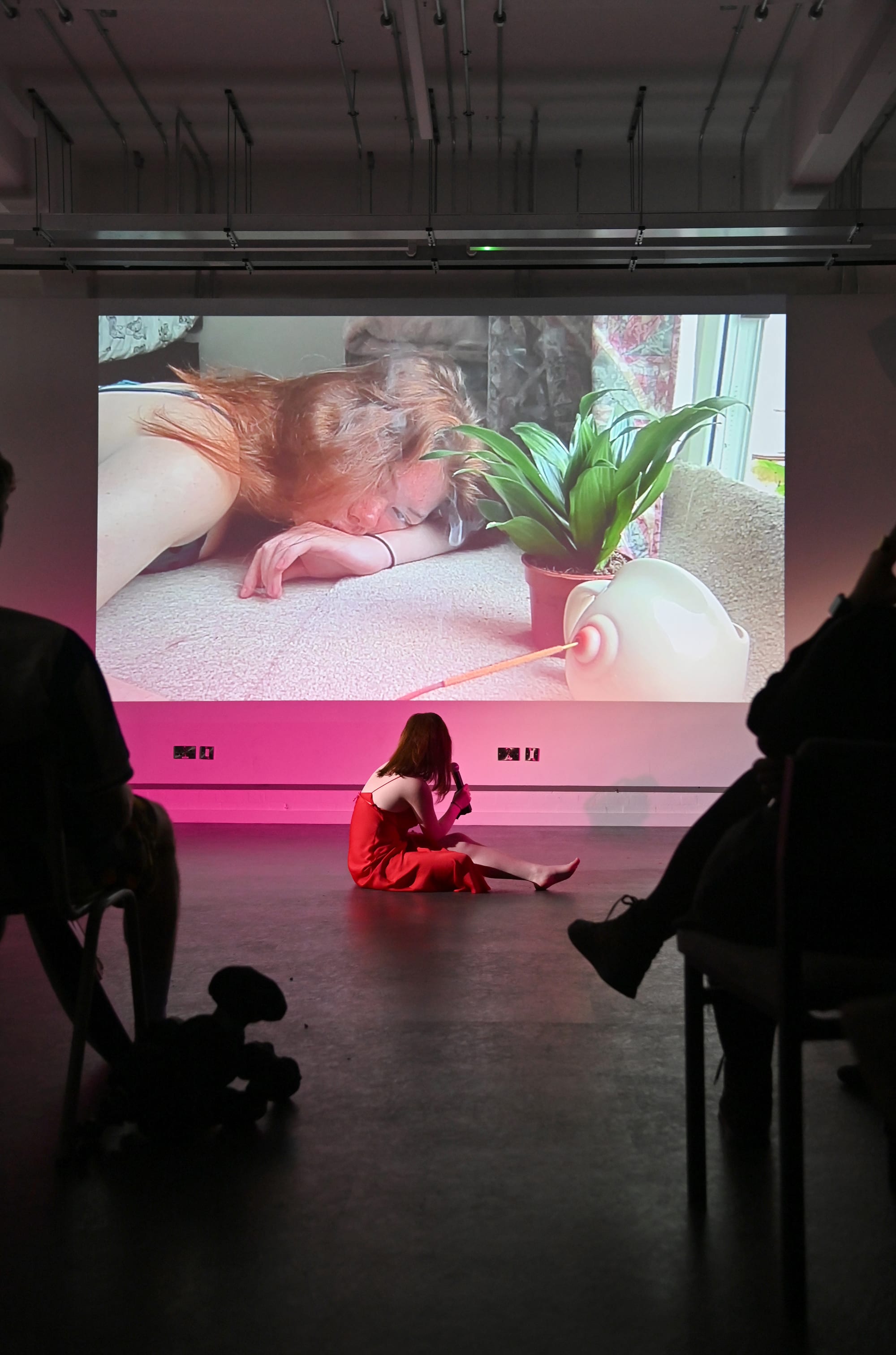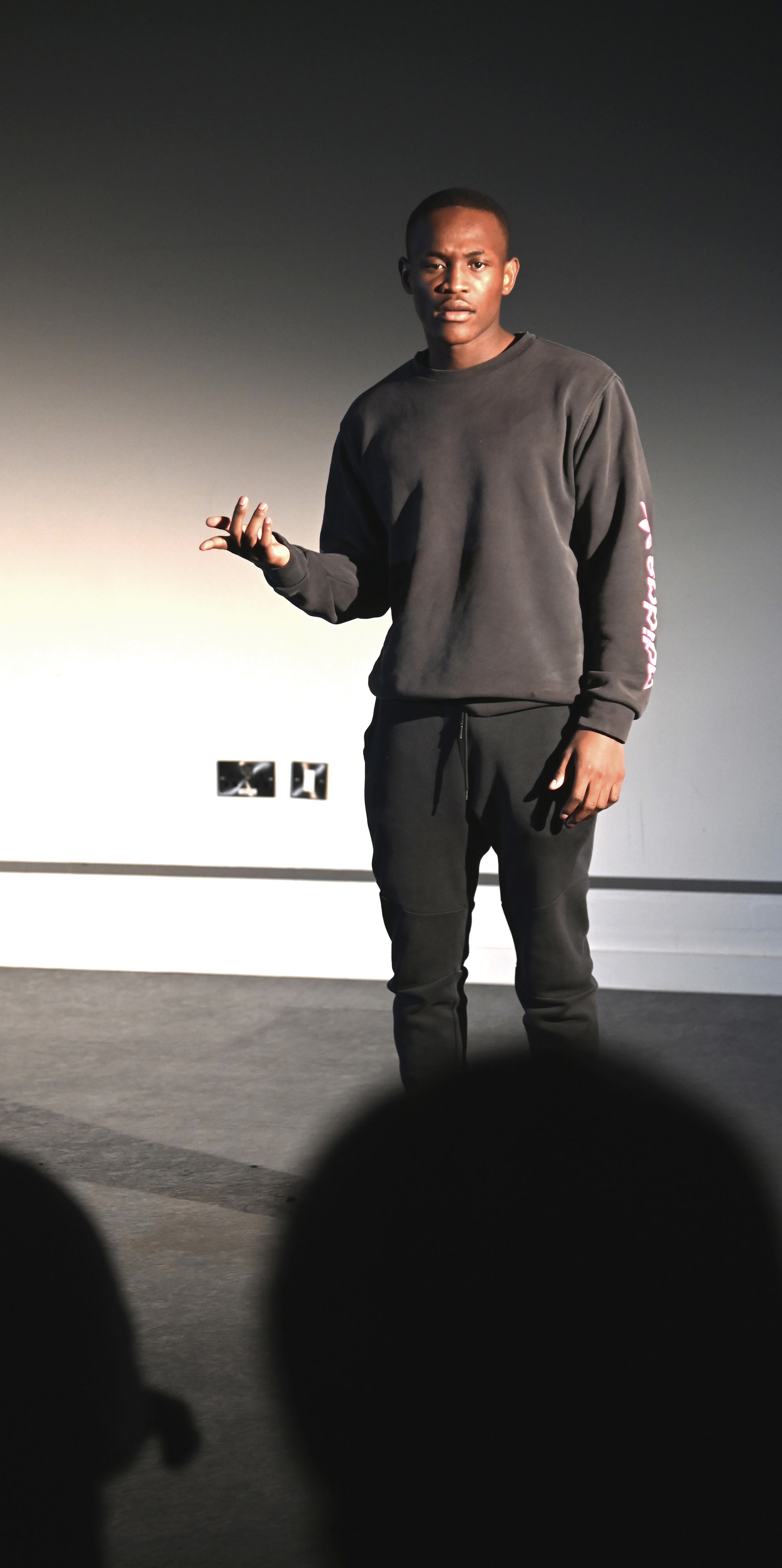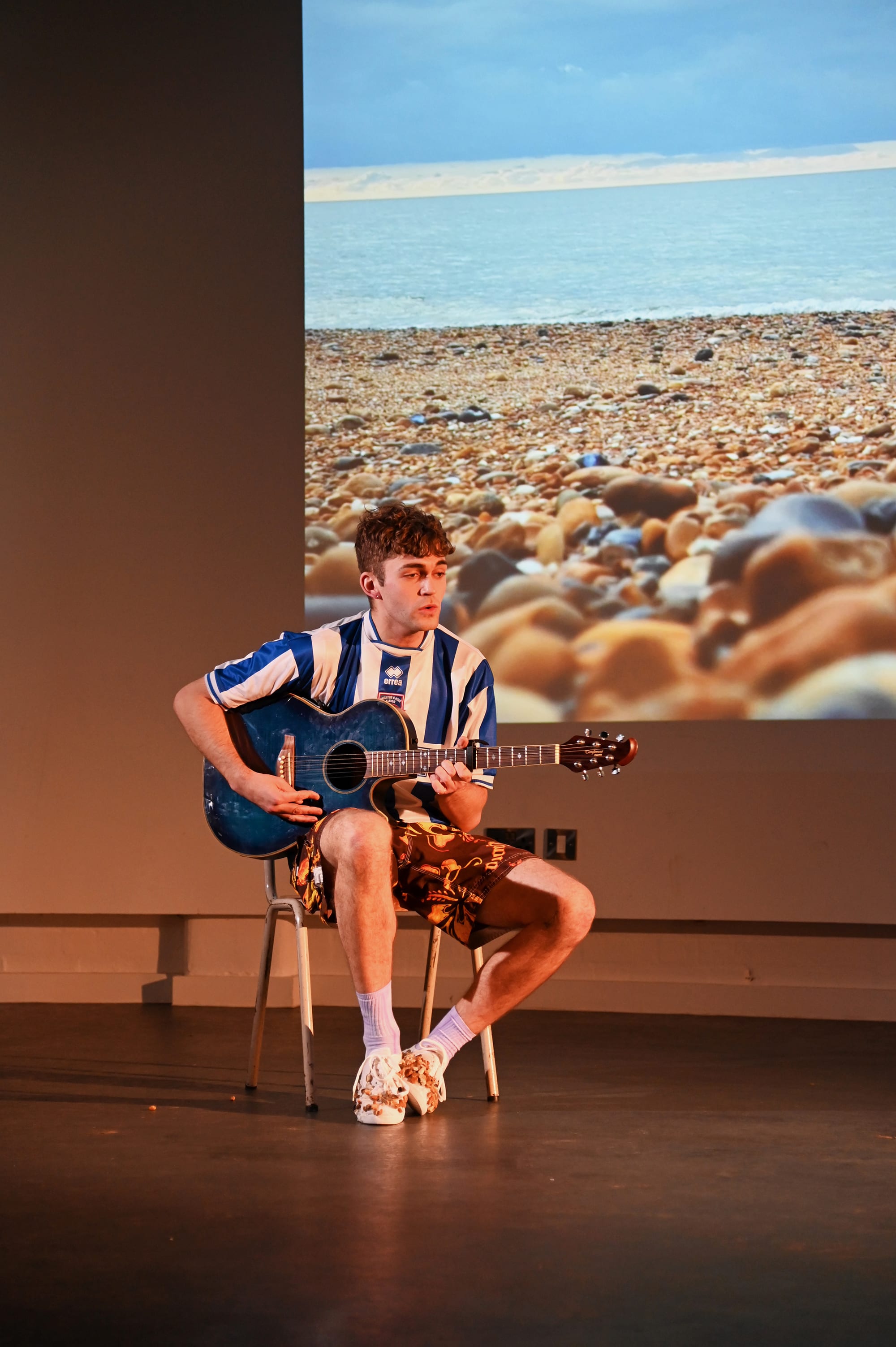Course units
Year 1
Unit 1: Introduction to Acting and Performance
This unit is an introduction to your course, the College and the University.
Unit 2: Acting Lab
This unit will introduce you to the key theories and practical approaches to contemporary acting. You’ll attend lively workshops where you’ll learn how to embody emotions, interpret texts and represent different characters. Theory-based seminars will expand your knowledge of the historical, social and cultural contexts that underpin acting and performance.
Unit 3: Theatre in context
This unit investigates theatre as an expanding field of cultural practice. Taking both a local and global approach, you’ll consider what theatre might mean to different communities. You’ll explore different practices in relation to their social, cultural and historical contexts and consider the complex politics and ethics of cross-cultural performance.
Unit 4: Representing the real
This unit will introduce you to some of the foundational practices and theoretical questions concerning the relationship between reality and representation. This awareness will help you grow your acting and performance-making skills so you can authentically position yourself within the context of an event and scenography.
Year 2
Unit 5: Performance histories
This unit explores different approaches to acting and performance as cultural narration and storytelling practice. Project briefs will enable you to investigate your own stories, histories and cultural identities. You’ll explore the creative potential of acting and performance to tell stories, give voice to marginalised experiences and generate alternative perspectives.
Unit 6: Collaborative and collective practices
You will be introduced to different ways in which collaborative working can help you to focus and enhance your own creative strengths. You’ll have the chance to work with fellow students and creative communities.
Unit 7: Digital performance lab
This unit investigates the rapidly developing field of digital performance and its transformative impact on contemporary theatre forms. You will explore performance making for digital environments and platforms, including acting for screen and interactive media. You’ll also have opportunities to experiment with new technologies such as virtual and augmented reality.
Unit 8: Contemporary acting
This unit looks at a range of contemporary acting practices, directors, theorists and practitioners. Project briefs will enable you to focus on a specific mode or practice and area of enquiry. Working individually or in groups or companies, you’ll experiment with compositional methods, rehearsal strategies and develop new hybrid practices.
Year 3
Unit 9: Performance research
This unit will provide you with a firm grounding in performance research. You will learn how to frame research questions, conduct a critical literature and practice review, identify appropriate research methods and form a sustained critical and theoretical argument, whether in performance practice or through writing.
Unit 10: Multi-modal production
This unit will provide you with a firm grounding in the practical production of contemporary performance. You will perform in a professional-standard public production, using a range of contemporary acting techniques and digital performance processes. Working with directors, designers, technicians and other performers will expose you to the full production process.
Optional Diploma between Years 2 and 3
Between Years 2 and 3 of the course, you’ll also have the opportunity to undertake one of the following additional UAL qualifications:
Diploma in Professional Studies (DPS)
This optional diploma can be taken between years 2 and 3. With support from your tutors, you’ll undertake an industry placement for a minimum of 100 days/20 weeks. As well as developing industry skills, you’ll gain an additional qualification upon successful completion.
Diploma in Creative Computing
Between years 2 and 3, you can undertake the year-long Diploma in Creative Computing. This will develop your skills in creative computing alongside your degree. After successfully completing the diploma and your undergraduate course, you’ll graduate with an enhanced degree: BA (Hons) Acting and Performance (with Creative Computing).




